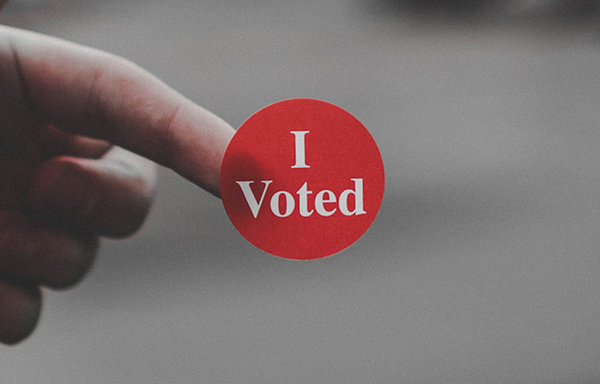Pursuing diversity as a fundraising professional
Derek Yarnell, AFP Member and IDEA & Ethics Chair

As the IDEA & Ethics Chair, I am taking several steps to educate myself on the principles of Inclusion, Diversity, Equity, Access so I can best represent our membership and the stakeholders we serve.
I will share some of my learnings through upcoming blog posts after participating in events such as these:
Looking for steps you can take as an individual?
On Wednesday October 23rd at Government House, you can learn about the story of Louis Riel - the Metis Nation, with Jean Teillet, author, lecturer and Indigenous rights lawyer.
You can RSVP directly for this free event to the Office of the Lieutenant Governor at 204-945-2753.
What Your Charity Can and Can’t Do During The Federal Election
Mike Duerksen, AFP Member and Government Relations Chair

As Canadians get ready to elect their next federal government on October 21st, charities are making their views heard when it comes to the issues they care about.
And for good reason.
Most charities — from healthcare to education to social services — are impacted by public policy. And their voice is an important one for voters and funders who share their values and care about the causes they champion.
However, charities need to be aware of how Canada Revenue (CRA) and Elections Canada rules may affect them.
With that in mind, here are some things your charity can — and cannot — do during the federal election.
Things You Can Do
- Encourage civic engagement, especially for communities who face barriers to getting involved.
- Give information about your charity’s position on a policy or issue, as long as it’s related to your mission.
- Publish articles on issues related to your mission.
- Provide information on different party platforms, but be careful to not endorse any of them.
- Invite candidates to visit your organization, but candidates have to pay their own costs, and you have to invite all candidates.
- Host an all-candidates debate, as long as all candidates are invited.
- Ask questions at an all-candidates debate on behalf of your charity, without endorsing any one party or candidate.
- Run campaigns to increase awareness of challenges the people or communities you serve face
Bottom line, focus on the issues and keep it nonpartisan.
Things You Can’t Do
- Give your staff paid time off to work on a campaign.
- Use any of your charity’s resources to support or oppose a party or candidate, and that includes your volunteers.
- Provide any financial support for a party or candidate, including tickets to events or fundraisers.
- Give preferential treatment in any way to any party or candidate. If you invite one candidate for a visit or to an event, you must invite all the others.
- Tell anyone who to vote for or who to vote against. Use your voice to inform, not to persuade.
Bottom line, don’t give any unequal treatment to any party or candidates — and don’t use any resources to support or oppose a party or candidate.
Resources